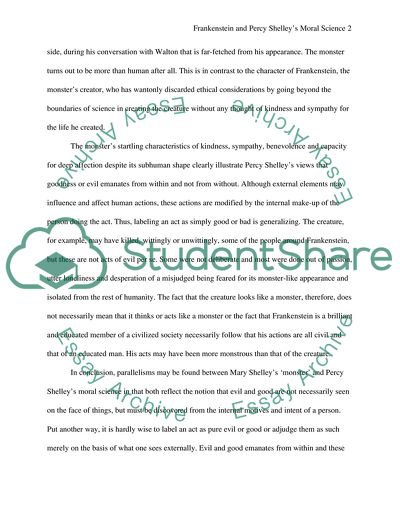Frankenstein and Percy Shelleys Moral Science Essay. Retrieved from https://studentshare.org/philosophy/1580062-frankenstein-and-percy-shelleys-moral-science
Frankenstein and Percy Shelleys Moral Science Essay. https://studentshare.org/philosophy/1580062-frankenstein-and-percy-shelleys-moral-science.


